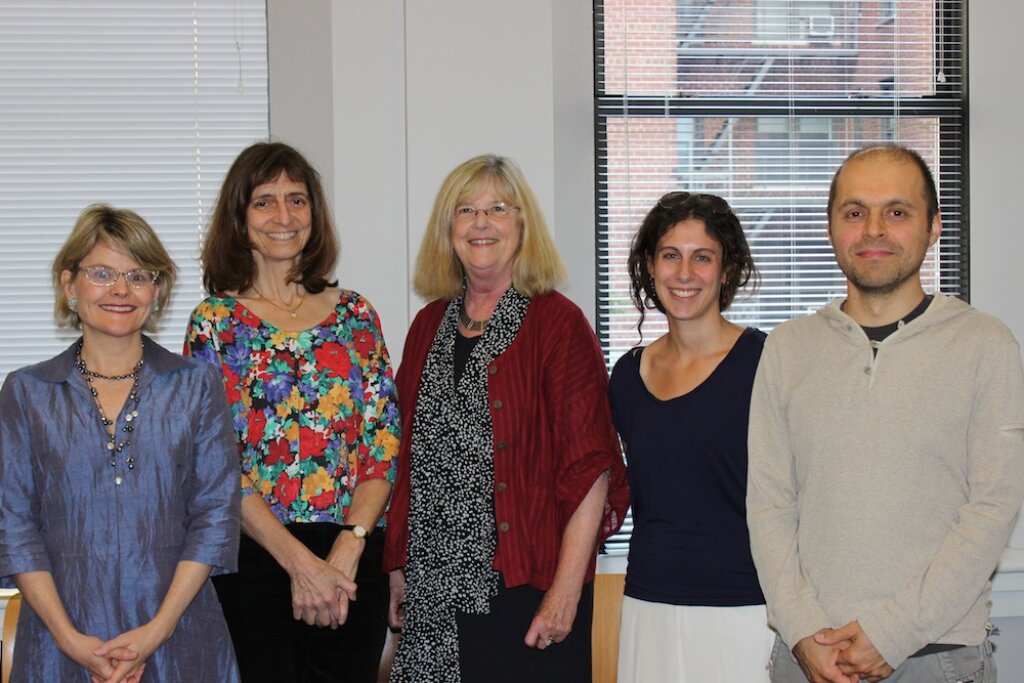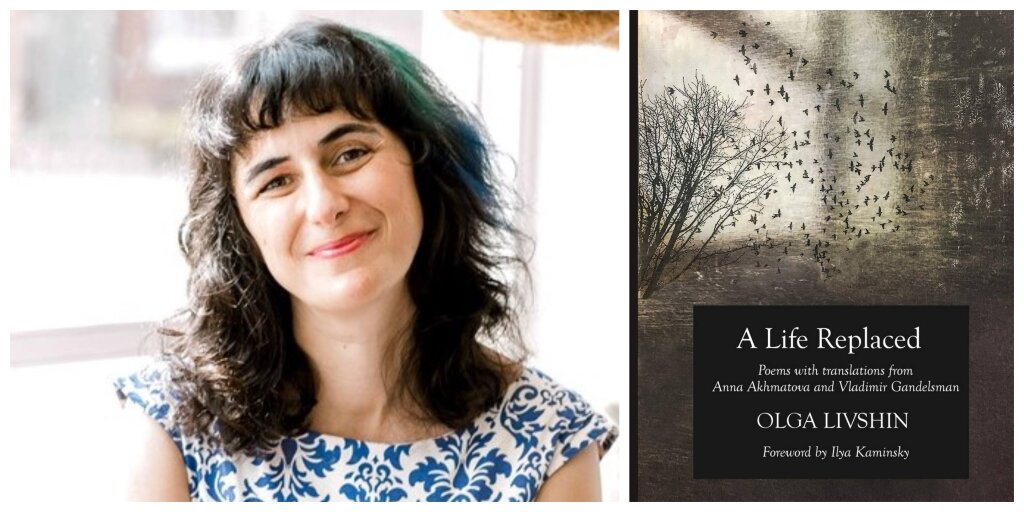It was a lively and diverse symposium that took place on Friday, March 15, when the Jordan Center in cooperation with the Hagop Kevorkian Center brought together four prolific scholars to talk about diasporas and spaces of movements. Willard Sunderland (University of Cincinnati), Philippa Hetherington (Harvard University), Zvi Ben-Dor Benite (NYU), and Eliot Borenstein (NYU) made an excellent panel, and the participants were presented with new perspectives on both Russia and diasporic movements.
Willard Sunderland started the symposium with discussing how space itself is important to touch upon when discussing the creation of diaspora. In Russian history, the idea of the country’s great vastness has been approached as a blessing, but also like a potential curse. Russia’s vastness has also been discussed time and again in debates concerning Russian identity. The dichotomy metropole and colony, and center vs periphery is indeed a central one, and raises the question of where Russia starts and ends. Sunderland pointed out that in early times people were always moving toward the borders, and thus indirectly expanded the Russian border without consciously politicizing the process of doing so. He also raised the question if such a movement can be defined as a form of diaspora, and focused specifically on agricultural movement of peasants in the imperial era. Sunderland answered his own question by arguing that the new agricultural organizations that often took place as a result of domestic migration should not be defined in terms of diaspora. The reason for this is that even though Russian peasants often left their origins in search of something better, they never defined their escape as leaving Russia. Indeed, they left the Russia they had known, but at the same time they were concerned with creating a new Russia, a better Russia, and not a completely different space. Thus, the moving peasants were aware of the interconnectedness that existed between their new settlements and the spaces they left behind. As a result, one might talk about a horizontal continuity in peasant agricultural migration.
Phillipa Hetherington presented the main focus of her current dissertation project on prostitution, migration, and the traffic in women in late imperial Russia. Hetherington places trafficking in a wider perspective by arguing that its dynamic has much in common with general migration issues. While migration in connection with trafficking for the purposes of prostitution was considered a crime both against state and the women themselves, other types of migration and smuggling were defined purely as a flaw within the system, and mostly an activity carried out by men. However, Hetherington argued that the relationship between human trafficking for prostitution and more general border crossing operations share dynamics which former research has not elucidated sufficiently. Hetherington further pointed out that such a connection might help broaden the diaspora term, as well as shed light on the relationship between law and crime, and the rise of diaspora. These non-institutionalized diasporas are important to investigate further, as they are good examples of how the relationship between the state and an individual changes, and how modernity helps change viewpoints on both law and crime.
Zvi Ben-Dor Benite gave a vivid presentation of the Islamic diaspora situated in China during the Qing Empire. Benite explored what happens to an Islamic community when it is disconnected from the House of Islam, and how this community interacts with its surroundings. While in the case of Russia the authorities were able to make the Muslims believe in both Tsar and Prophet, the Chinese case was slightly different. The Chinese emperors were not as capable of incorporating and importing Islamic traditions. Benite explained, however, that Muslims in China came to define their own culture, and engaged in the process of clarifying the relationship between Emperor and Prophet, especially through textual production. Although they never saw the Chinese emperor as a religious or spiritual power, they nevertheless placed him in the centre of their moral universe, where China was defined as their homeland. The diasporic Muslims in China thus consciously lay out the relationship between Islam and the empire as a bottom-up process. This does not necessarily mean that the Chinese Muslims were always treated respectfully by the Emperor, but it does indeed depict a diaspora's attempt and potential power to define itself.
Eliot Borenstein’s focus was set on post-Soviet Russian society, and the people that became a diaspora without themselves being conscious of it. Borenstein emphasized the notion felt by many Russians after the fall of the Soviet Union, that their home country was leaving them, and not the other way around. Since the 1990s Russia has tried to redefine its own space, and to introduce structures and systems to create a new era. The idea of “statehoodness” indeed plays an important part in this process, yet at the same time Russia is being exported and exposed by Russian citizens living or working abroad. “Global Russians” are a new brand of Russians, not to be confused with the former “New Russians,” which assists in consolidating an alternative Russian identity. This might not be done consciously by the “global Russians” themselves, but the state also contributes by paying attention to their countrymen on the outside, and by working within a great area of discourses and forums. The integrity of coherence is not at all especially useful or interesting for Russian officials. What is important, however, is the significance of reaching a broad and diverse audience of both domestic Russians and Russians abroad, and to signal: we leave you alone, but we hear you, and we see you.




